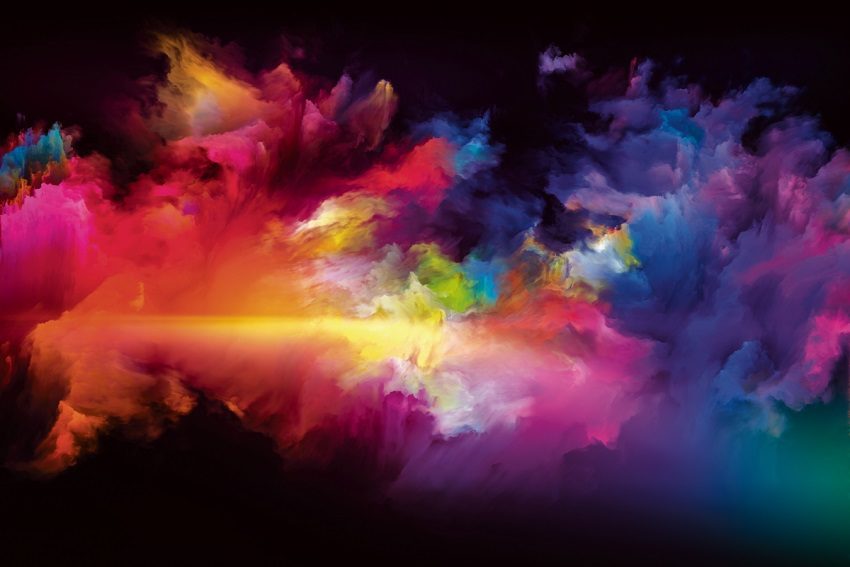Third Age: Synaesthesia, Old Friend, I Miss You

I caught myself acting my age the other day. I found myself conforming to the stereotype of dithery old thing. The name I wanted stayed on the tip of my tongue and I excused myself by referring to my age.
*Scream!* Don’t feed the stereotype, Shirley. Buck up, or the young will run over you like a mower. They forget names, too, you know. And all that stuff about universal memory loss in old age… the young don’t have memories at all, except for corny lyrics. Computers are their memories. They have probably never memorised anything longer than a password in their life. Stand them up and ask them to recite something. Anything. A poem, the 10 Commandments… and you will see what I mean. Yet it’s the old, who can stream off reams of poetry, dates and historical events, who are accused of inevitable memory loss, usually without the least evidence of illness.
But there is loss in old age… of friends, sadly (why do people say someone “sadly died”, especially on TV and radio? Is anyone ever described as having “happily died”?). Oh sorry, I meant to say passed. People pass these days. Like they’ve cut in front of the car ahead to get into heaven or somewhere. Lost, too, are treasured old ways of doing and being. And for some of us, the loss of synaesthesia. My synaesthesia has sadly died. Passed.
Synaesthesia has been my friend. It took years to discover that everyone didn’t have it. Seeing everything in colours, and handily, remembering everything in colours. Putting names to faces, remembering faces, were done by means of colour association. No, not association. People were that colour. A musical phrase was this colour. How could I forget Alice, whose name is a light spring yellow, when other things about her were brown? It made life interesting without my actually realising why until I stumbled on the word one day.
Losing this singular pleasure, this aide memoire, among other things, has been a seriously annoying part of growing old. As a child I took it for granted, thought everyone saw, heard and tasted things in colour. Then a girl in fifth class spoke of seeing music in colour. No one said much so I let it go. I didn’t let on. I already had a reputation as a show off. I was middle-aged before I spoke of it. Trying to explain it (to a doctor of all people), I spoke of “auras” but that was because people generally know what auras are. But I didn’t see auras, really. People, music, things, simply are this or that colour. I know I was suspected of showing off again, so I shut up about it.
Then suddenly people began to talk about synaesthesia openly. Some thought it was rubbish. Others thought it was real. I didn’t need confirmation. I lived on happily with my synaesthesia until one day I realised I’d forgotten someone’s name. My aide memoire had vanished. My synaesthesia was no more.
The pleasure of seeing people and things and music and a myriad other things had faded with age. The debate over whether it is exists no longer matters to me, if it ever did. It was just part of me. The aesthetic pleasure of it is regretted, but so be it.
****
Are you a bastard to the old? This simple test will tell you.
Do you check that old people getting on public transport are seated before moving off? Bastard.
Do you ever ask, “Don’t you want to be with grandpa now, Grandma?” Bastard. “You don’t need this big house, Grandma.” Bastard.
Do you ever think: “I know your medicine is expensive, Grandma, but the rich need a tax cut?” Bastard.
Do you over-congratulate old people who have an iPad? Condescending bastard. Do you say, “I don’t want to bother you with it, Gran”, when the truth is you don’t want to bother, period. Bastard.
Do you think it appropriate that funeral insurance ads cluster in the shows old people like to watch to get away from grim reality? Bastard.
And that’s just the list for May.